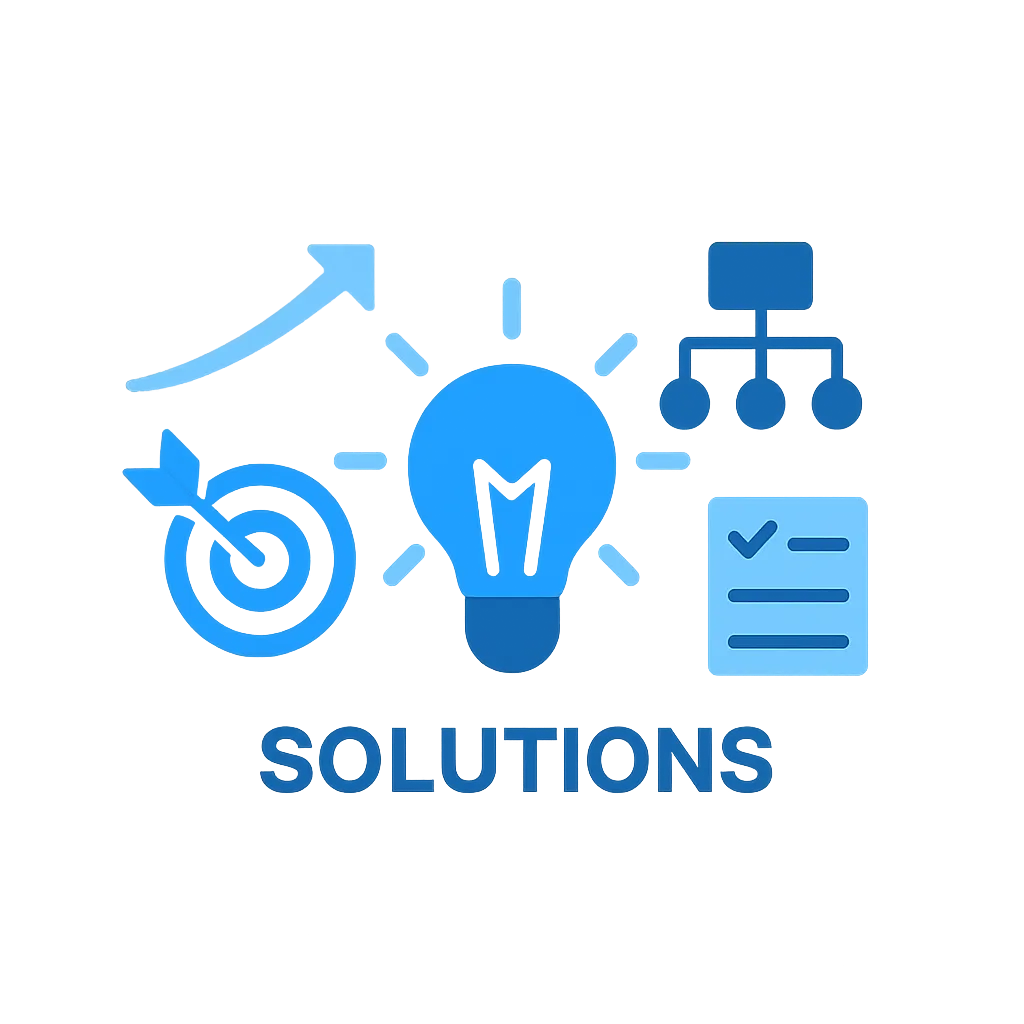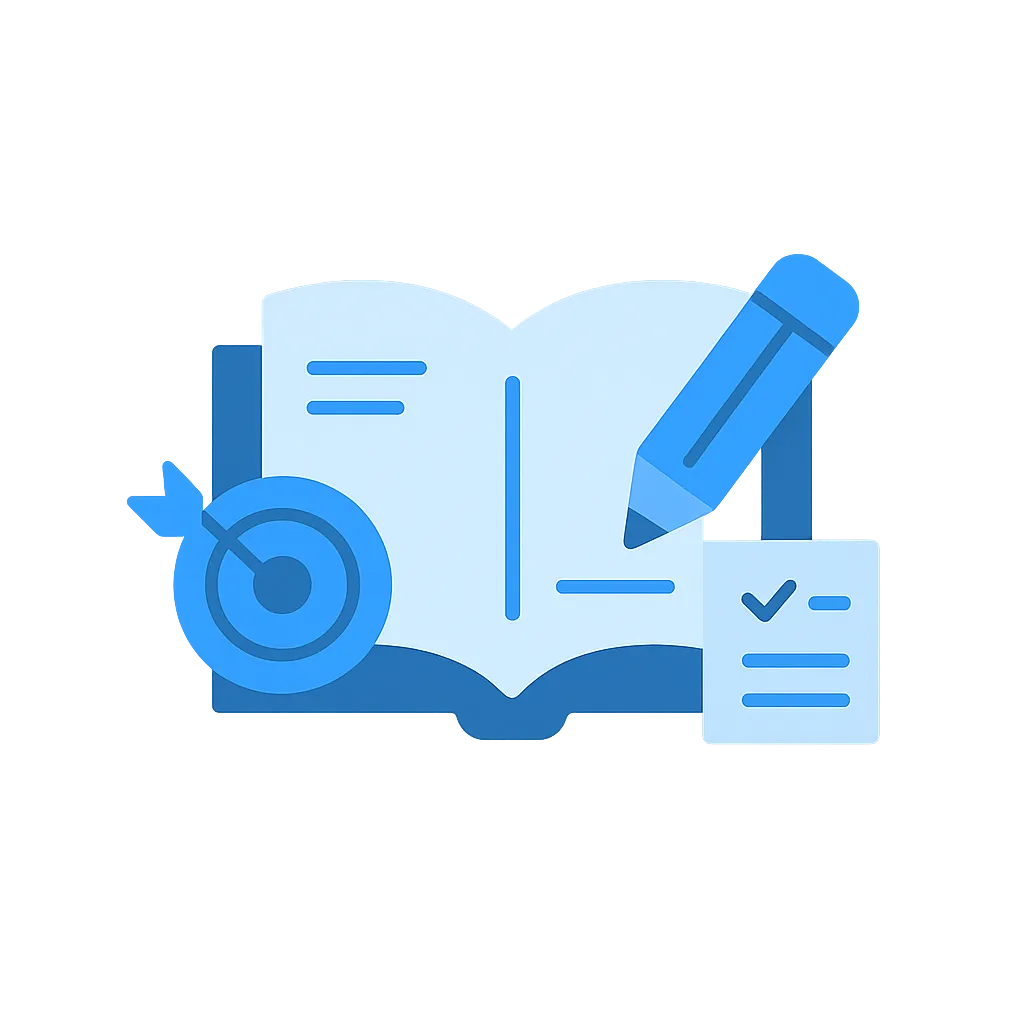Data Analytics for US service businesses
Transform data into decisions that drive growth. We help clinics, salons/spas, home‑service teams, and local agencies collect the right signals, turn them into clear insights, and embed data‑driven habits that improve operations, revenue, and customer experience.
What you get
- Data collection strategy: Targeted plan to capture the right events, metrics, and sources (customers, operations, bookings, POS) with minimal engineering overhead.
- Advanced analysis: Cohorts, segmentation, funnel analysis, anomaly detection, and root‑cause exploration that reveal where to act first.
- Actionable dashboards: Executive and operational dashboards that surface decisions, not raw numbers—turn insights into daily actions.
- Predictive models: Demand and churn forecasts, appointment no‑show probability, and simple ML models that drive proactive decisions.
- Data literacy & adoption: Workshops and playbooks so teams use dashboards, interpret results, and run hypothesis‑driven experiments.
- Continuous improvement: Ongoing measurement, A/B testing guidance, and iterative model retraining to keep insights relevant.
Our approach
- Discovery & metric design: Define business objectives, success metrics (LTV, CAC, booking conversion), and tracking plan.
- Instrumentation & quality: Implement event tracking, data validation, and ETL that keep reports reliable.
- Analysis & insights: Deliver prioritized recommendations with impact estimates and playbooks for execution.
- Deploy predictive models: Prototype, validate, and operationalize simple forecasts or risk scores.
- Train & iterate: Hands‑on training, monthly health checks, and roadmap updates based on outcomes.
Typical timeline and outcomes
- Initial assessment & tracking plan: 1–2 weeks.
- Dashboard and analysis delivery: 2–4 weeks for core dashboards and 1–2 high‑impact analyses.
- Predictive prototype: 4–8 weeks depending on data quality and scope.
- Expected early results (30–90 days): clearer lead-to-booking funnels, prioritized operational fixes, and measurable increases in conversion or retention depending on focus.
Security, privacy, and governance
- Controls: Role‑based access, PII minimization, encryption in transit and at rest.
- Compliance: Guidance for HIPAA‑relevant workflows and data handling where required.
- Governance: Data dictionary, tagging taxonomy, retention policy, and runbooks for incident response.
KPIs we track (examples)
Booking conversion rate; time to first fill; average revenue per booking; churn or cancellation rate; no‑show rate; cost per acquisition; prediction accuracy for forecasts.



